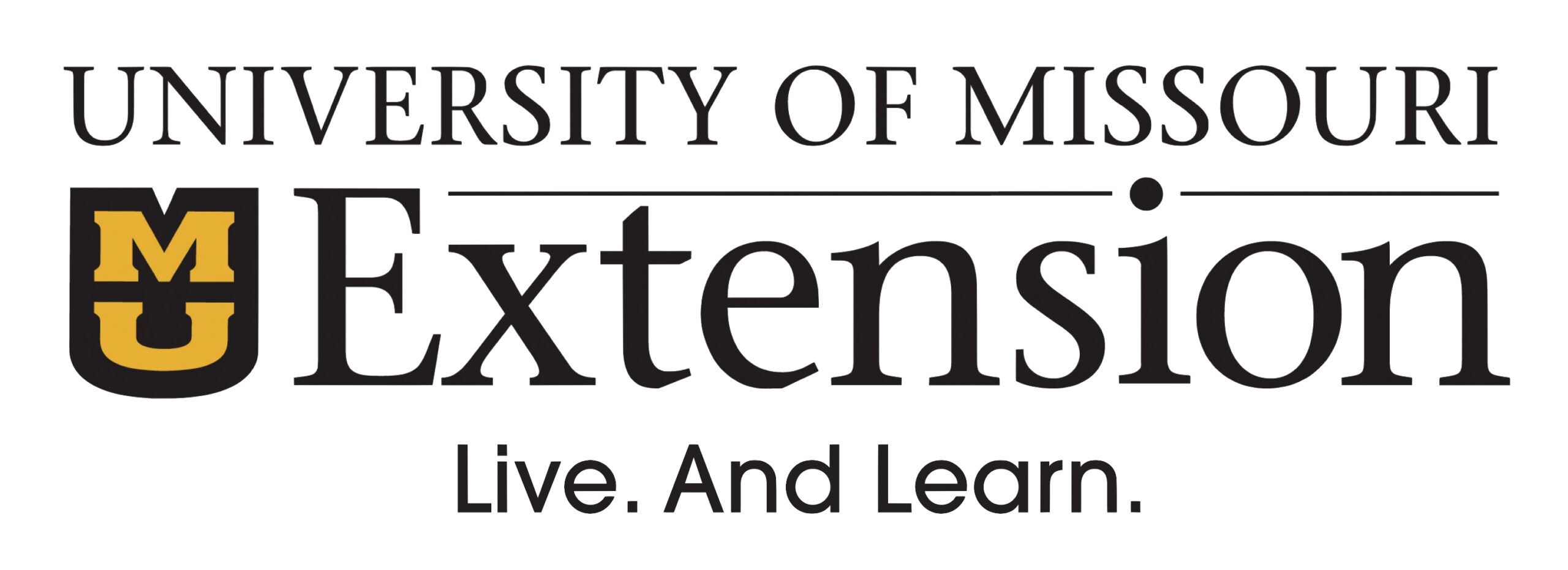Benefits of beef cow leasing detailed in new MU Extension publication

COLUMBIA, Mo. — Leasing instead of purchasing cows can be an effective financial strategy for cow-calf producers. A new publication by University of Missouri Extension specialists, “Introduction to Beef Cow Leases,” details how beef cow leases work. It is available for free download at https://extension.missouri.edu/publications/g434.
Lack of capital is often a barrier for new producers and producers wanting to expand. Leasing alleviates high input and startup costs, opening the door to a less capital-intensive and lower-risk option than purchasing cows, said Jacob Hefley, MU Extension agricultural business specialist.
“Not only can leasing be a viable option for those wanting to expand or get into production with less capital, new producers can also potentially gain experience from the owners that they might not get otherwise,” Hefley said in a press release.
Owners wanting to lease their herds are often producers who prefer less hands-on involvement but want to retain ownership of their cattle. Compared to selling animals, leasing can allow producers to retain ownership of their herd’s genetics and maintain an income stream.
Livestock leases can be structured in multiple ways, Hefley said. Cash, share or flexible-cash leases are options when considering a lease structure.
Cash cow leases offer the most control and responsibility for an operator.
Share leases have the cow owner and the operator sharing expenses, income, management decisions and risk. Income or possession of calves is split based on the owner and operator’s share of contributions to total production costs.
Flexible cash leases are essentially a hybrid of a traditional cash lease and a share lease. This lease structure includes both a fixed and a variable payment, combining the payment security of a cash lease with the risk-sharing benefits of a share lease.
Beef cow leases can help in transferring ownership of a herd gradually. For the herd owner, this approach can offer potential benefits in tax reporting and help with a smoother succession. For operations, acquiring ownership gradually through a lease can lessen financial pressures and allow operations to gain expertise from the herd owner before full possession is attained.
“Maintaining detailed and accurate production and financial records is crucial when leasing cows,” said Katie Neuner, MU Extension ag business specialist. “And the leasing agreement needs to be in writing.”
Miss Clipping Out Stories to Save for Later?
Click the Purchase Story button below to order a print of this story. We will print it for you on matte photo paper to keep forever.

